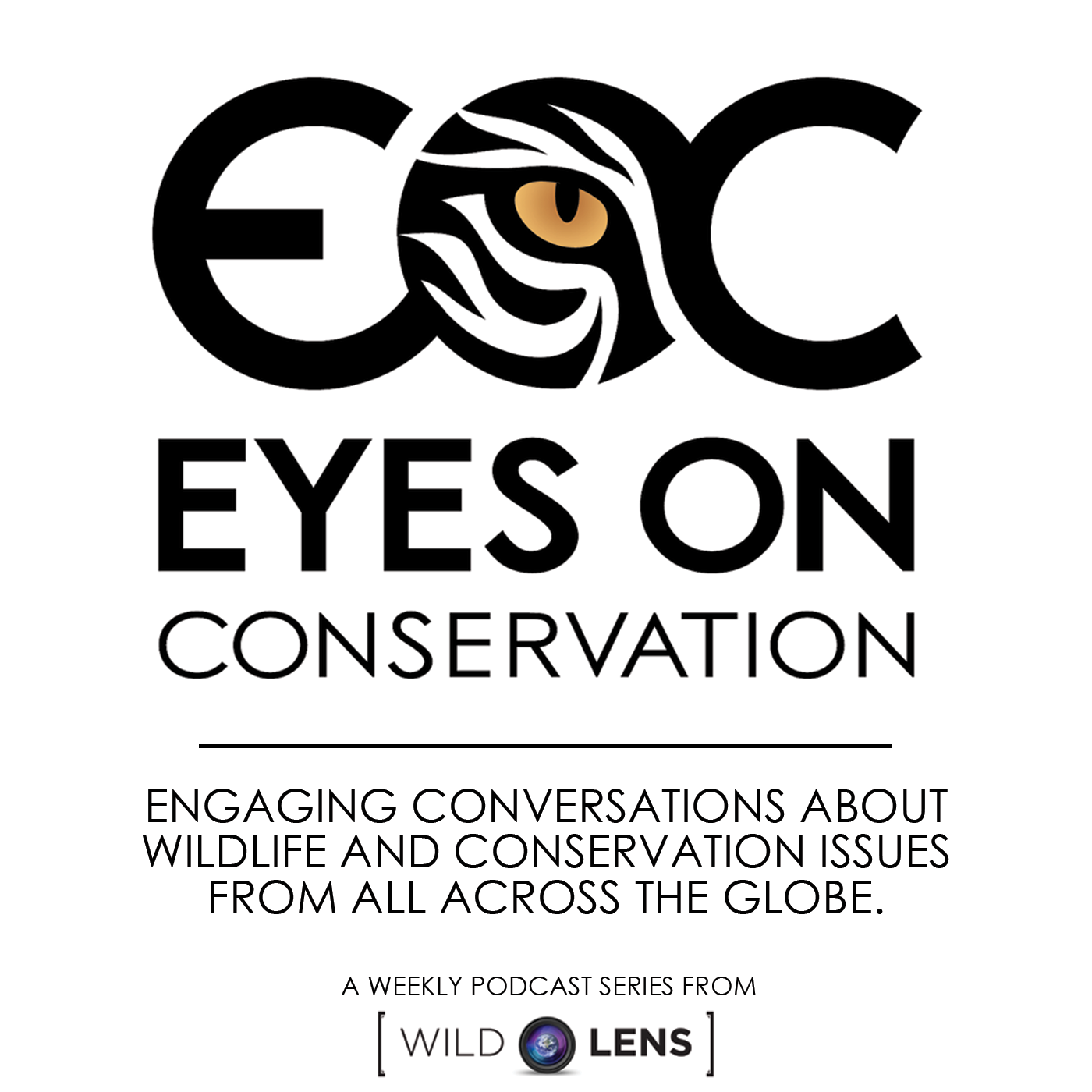EOC 152: Carbon offset programs make a positive difference: an example from Kenya

Over the past decade, carbon offsetting has become increasingly popular, but it has also become increasingly controversial. While some argue that carbon offset programs allow people to feel absolved of their carbon consuming sins without genuinely changing behaviors, which may very well be true in some instances, we here at the Eyes on Conservation Podcast as part of the larger Wild Lens crew all work to be active participants in a sustainable future. As all of us at Wild Lens prepare to gather from all across the country to discuss the future direction of the organization, we will be participating in a carbon offset program to make this a more sustainable venture. But, as we began researching the options, it was difficult to figure out which programs were genuinely effective. That is, until we discovered ECO2. ECO2 works in Kenya and offers carbon offsets that pay for several programs, including locally produced efficient stoves that reduce wood consumption and help to preserve the unique vegetation and biodiversity of the Kakamega rainforest. These stoves have a cleaner burning process, decreasing indoor air pollution and associated acute respiratory infections in women and children. Moreover, savings in burning unsustainably harvested fuel wood cuts down CO2 emissions. Matt Podolsky spoke with Anton Espira, a founder and principle of ECO2 and Solibrium, that has been overseeing this inspiring project that Wild Lens is excited to contribute to.